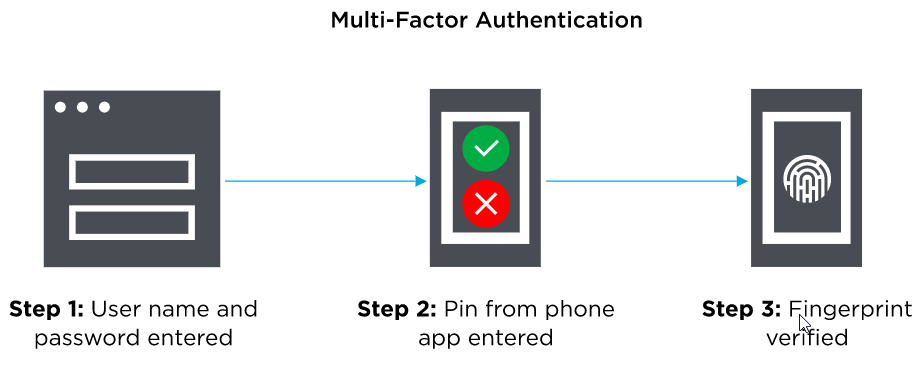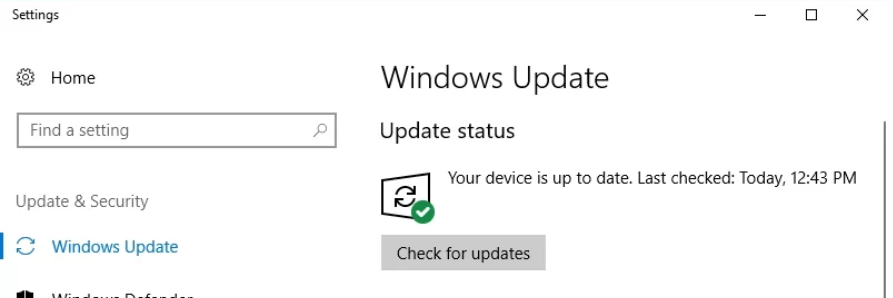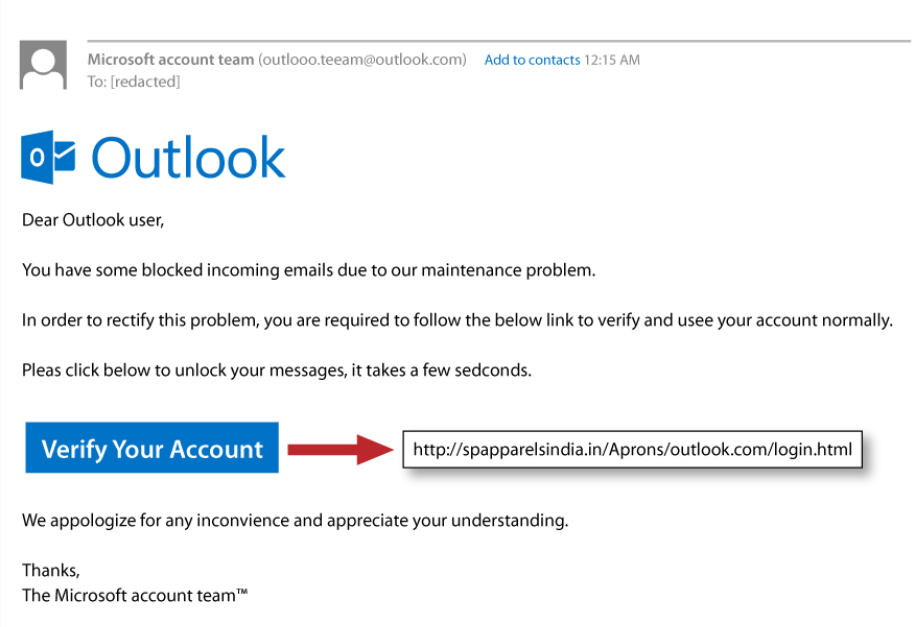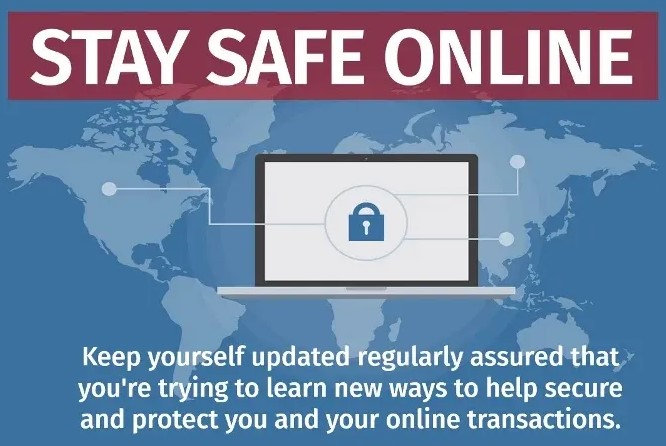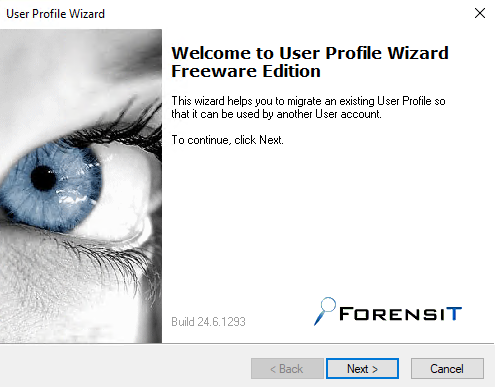#See Yourself in Cyber
“This year’s campaign theme — “See Yourself in Cyber” — demonstrates that while cybersecurity may seem like a complex subject, ultimately, it’s really all about people. This October will focus on the “people” part of cybersecurity, providing information and resources to help educate CISA partners and the public, and ensure all individuals and organizations make smart decisions whether on the job, at home or at school – now and in the future. We encourage each of you to engage in this year’s efforts by creating your own cyber awareness campaigns and sharing this messaging with your peers.”
| In aid of this fantastic initiative, we’re providing bitesize cybersecurity guidance based on the event’s key themes to help you stay safe and secure online. |
Learn how MFA could’ve prevented unauthorized access to an organization’s security console › |
